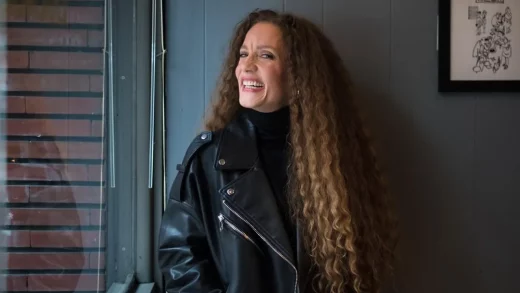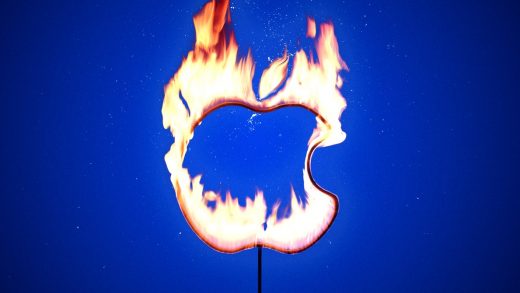:format(webp)/https://www.thestar.com/content/dam/thestar/entertainment/books/2023/05/01/power-to-the-poets-griffin-prize-finalists-on-the-power-of-poetry/ada_limon.jpg)
One of the most powerful ways to connect with people and the world around us is through poetry. There are two testaments to the importance of poetry each April: it is National Poetry Month around the world and, in Canada, each year since it was founded in 2000, the finalists for the Griffin Poetry Prize are announced. The prize celebrates — and reinforces — the importance of poetry and of poets. We asked each of the five finalists for this year’s prize (and, in the case of “The Threshold,” their translator, too) to continue these two thoughts:
1. Poetry has the power to …
2. Poetry gives me the power to …
Here’s what they answered.
Ocean Vuong, “Time Is a Mother” (Vietnam/U.S.A.)
1. Poetry has the power to make the familiar strange and the strange beautiful.
2. Poetry gives me the power to think and feel against gravity.
Ada Limón, “The Hurting Kind” (U.S.A.)
1. Poetry has the power to: help people recommit to the world.
2. Poetry gives me the power to: praise and honour our interconnectedness.
Susan Musgrave, “Exculpatory Lilies” (Canada)
1. Poetry has the power to: find beauty in hurt things.
2. Poetry gives me the power to: forgive God.
Roger Reeves, “Best Barbarian” (U.S.A.)
1. Poetry has the power to announce the future, what we know in feeling but cannot yet produce in fact. Poetry begins to reify, put flesh upon the invisible. Poetry has the power to articulate desires in us, desires that we only know opaquely. Poetry allows us to fail and, in the failing, become closer to what we want to be. In other words, poetry has the power to find us exactly where we are — in our silences, in joy, in our indecisiveness, in our doubt and is willing to make beauty of us.
2. Poetry gives me the power to name and create beauty, to critique power and its abuses, to sing a long song, one that often began before I even scuttled down into this light. Poetry’s power, like many art forms, asks us only to be ourselves, to be as rigorous as possible in being ourselves. I often quote Adrienne Rich from a poem of hers called “Dreamwood” — “Poetry isn’t revolution but a way of knowing why it must come.”
Iman Mersal, “The Threshold” (Egypt/Canada)
1. Poetry has the power to change us — those who write poetry as well as those who read it — if we allow it to speak to and through us. We turn to poetry in our most vulnerable as well as our most ecstatic moments: we ask it to help us grieve, reconcile, celebrate. In English, you say that poetry is lost in translation, but history says otherwise: it is poetry that speaks to us across languages, times and cultures.
2. Without poetry, I’m not sure how — or if — I could make sense of the world.
Robyn Creswell, translator of “The Threshold” from Arabic (U.S.A.)
1. Poetry’s capacities are endless and endlessly varied, but I think its oldest power is to make itself memorized. My father was a stage actor and he used lines of Shakespeare instead of proverbs (“Let’s lack no discipline, make no delay, / For, lords, tomorrow is a busy day”). I memorized those lines just as I later memorized the lines of rap artists — my other formative experience of poetry. I can’t say the lessons I took from Shakespeare or Biggie Smalls were always good ones, but to learn a line of poetry by heart means it becomes part of who you are.
2. I don’t think of poetry as a specialized activity. I don’t read it on the side, or for any particular reason. I read poems while waiting for the subway or putting my kids to bed (or putting myself to bed), I read it on the page or on the screen, for work and for pleasure, for instruction and delight. In that sense, its powers are thoroughly ordinary: it gets me through the day.
JOIN THE CONVERSATION
does not endorse these opinions.



